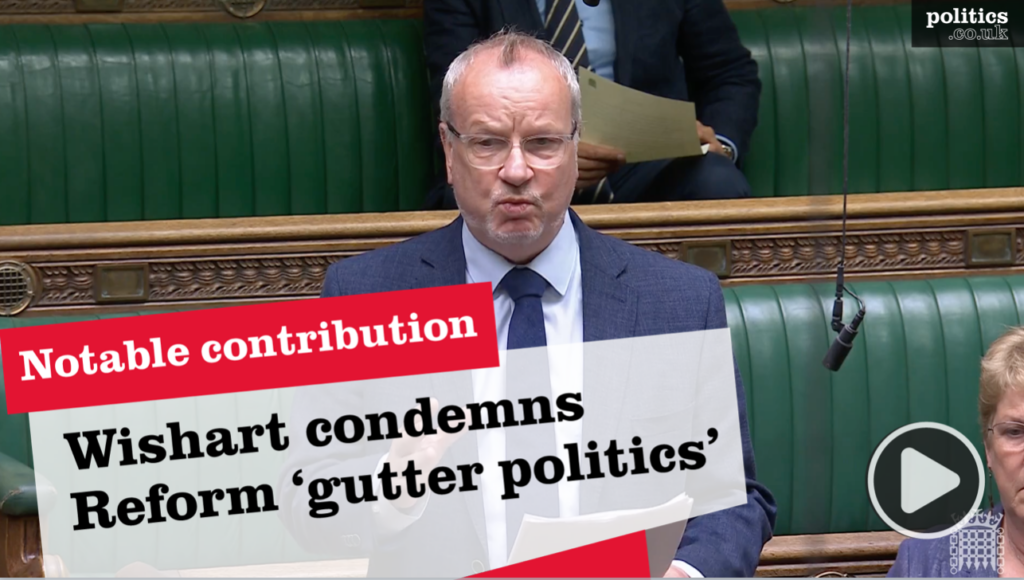Westminster Magistrates Court hears Quran-burning trial
The trial of a man who burned a Quran outside the Turkish Embassy in protest of the President of Turkey has just concluded. The man stood trial for racially or religiously aggravated intentional harassment, alarm, or distress at Westminster Magistrates Court. The outcome is pending. Humanists UK has expressed concern that this might amount to the return of blasphemy laws in England and Wales, despite the specific blasphemy laws being repealed in 2008.
Despite Parliament taking action in 2006 to prevent hate crime laws being used for charges of this nature, prosecutors may have nevertheless found a new method by which they could prosecute offending religious sentiments. This makes this week’s hearing an important test case; depending upon the final reasoning, a guilty verdict could open up new ways for prosecutors to clamp down on criticism of religion in future.
A Humanists UK spokesperson said:
‘This trial, regardless of its outcome, raises concerns about the potential return of blasphemy laws in all but name. The law was carefully crafted to allow for robust criticism of religion while protecting individuals from targeted hatred. We are concerned that prosecutors may be conflating causing subjective offence to causing objective harm.
‘We urgently call on the Government to close any loopholes in the law that would allow blasphemous expression to be conflated with religiously motivated public disorder.’
Free speech or hate speech?
In February, the defendant pleaded not guilty to a charge that was originally reported as: ‘intent to cause against religious institution [sic] of Islam, harassment, alarm or distress’. Humanists UK wrote to the Crown Prosecution Service (CPS) to point out that the law doesn’t protect any institution – religious or secular – from harassment. The CPS then substituted the charge for one of likely causing harassment, alarm, or distress to individuals. Despite this change, Humanists UK have said that the original charge indicates this case is quite possibly about blasphemy.
The defendant is accused of burning a copy of the Quran while shouting disparaging remarks about Islam within hearing or sight of a person likely to be caused harassment, alarm or distress under Section 5 of the Public Order Act. He is also charged with the religiously aggravated version of the same offence under the Section 31(1)(c) of the Crime and Disorder Act 1998. If found guilty, he will be subject to a fine.
The part of the Public Order Act that deals with religious hatred clearly states that:
‘Nothing in this Part [the religious hatred part of the Act] shall be read or given effect in a way which prohibits or restricts discussion, criticism or expressions of antipathy, dislike, ridicule, insult or abuse of particular religions or the beliefs or practices of their adherents…’
This part of the Act was carefully designed to avoid the law being used for claims of blasphemy. It draws a clear line between actions and expressions of religious hatred against individuals based on their religion – which are criminal; and actions and expressions that are critical, even abusive, of religious doctrines but do not target individuals – which are not to be prohibited or restricted.
However, it appears prosecutors have instead charged him under a section of the Act that is not in the religious hatred part. This other section therefore doesn’t fall under the above-quoted free speech protection. This might have had the effect of circumventing free speech protections for criticism of religion.
Potential return of blasphemy laws
This is the first case of its kind to be tried by a judge since blasphemy laws were repealed in England and Wales in 2008.
Two similar cases were brought earlier in 2025. A trial in Manchester occurred in February following a separate Quran-burning incident. However, in that case, the defendant pled guilty, meaning his rights to freedom of religion or belief and of expression were never tested in court. In another parallel, a Christian street preacher in Walsall faced similar charges after publicly denouncing the Quran, but his case was dismissed in March after a judge concluded the CPS had not brought sufficient evidence of any crime.
In both the London and Walsall cases, the men were themselves the victims of blasphemy-motivated violence prior to being arrested; the London protester was assaulted, while the Walsall preacher had his throat slit. Humanists UK has previously cautioned that blasphemy-motivated extremism and violence is a growing problem, and that such violence is inevitably encouraged when prohibitions on ‘blasphemy’ are legitimised by authorities.
At a meeting of the All-Party Parliamentary Humanist Group in May, organised by Humanists UK, MPs and peers expressed concern about the implications of this case and reaffirmed their commitment to protecting freedom of expression in law. Lord Walney, who had been commissioned by the previous government to make recommendations on how best to defend democracy from extremism, urged the new government to address the ambiguities highlighted by this week’s trial.
Humanists UK successfully campaigned for the abolition of blasphemy laws in England and Wales in 2008, welcomed their repeal in Scotland last year, and continues to campaign for the end of blasphemy laws in Northern Ireland and around the world. In a statement to the UN last year, Humanists UK reminded states that blasphemy laws (such as those against damaging religious books) are not compatible with freedom of speech nor the UN Rabat Plan on hate crime. Countries with blasphemy laws typically see much more religious violence of this kind than countries without. Instead, the state has a duty to treat violence and violent threats with the utmost seriousness. Following Denmark’s decision to introduce a Quran-burning blasphemy law and similar calls made in the UK in 2024, Humanists UK received reassurances from Downing Street that no such laws would be introduced here.











